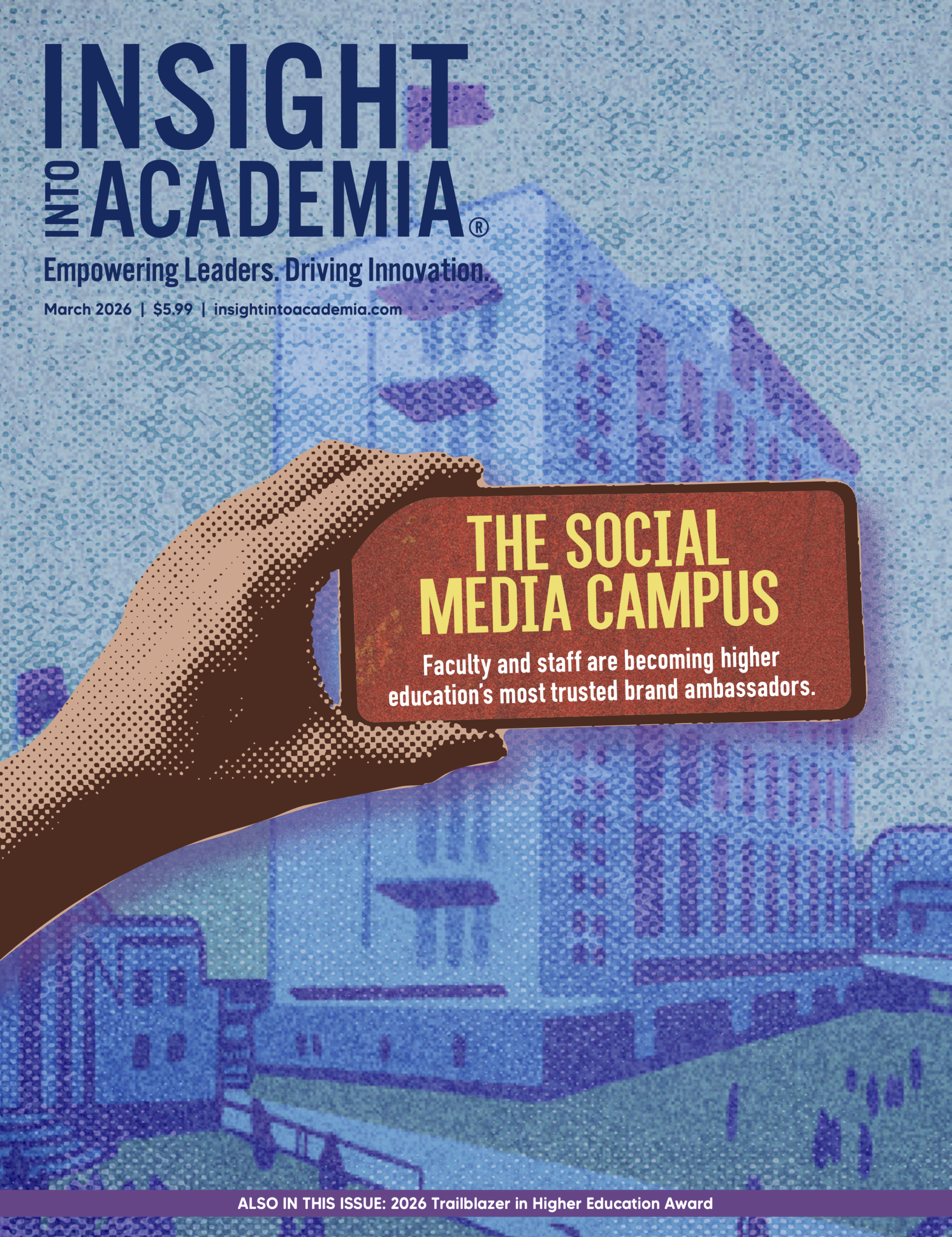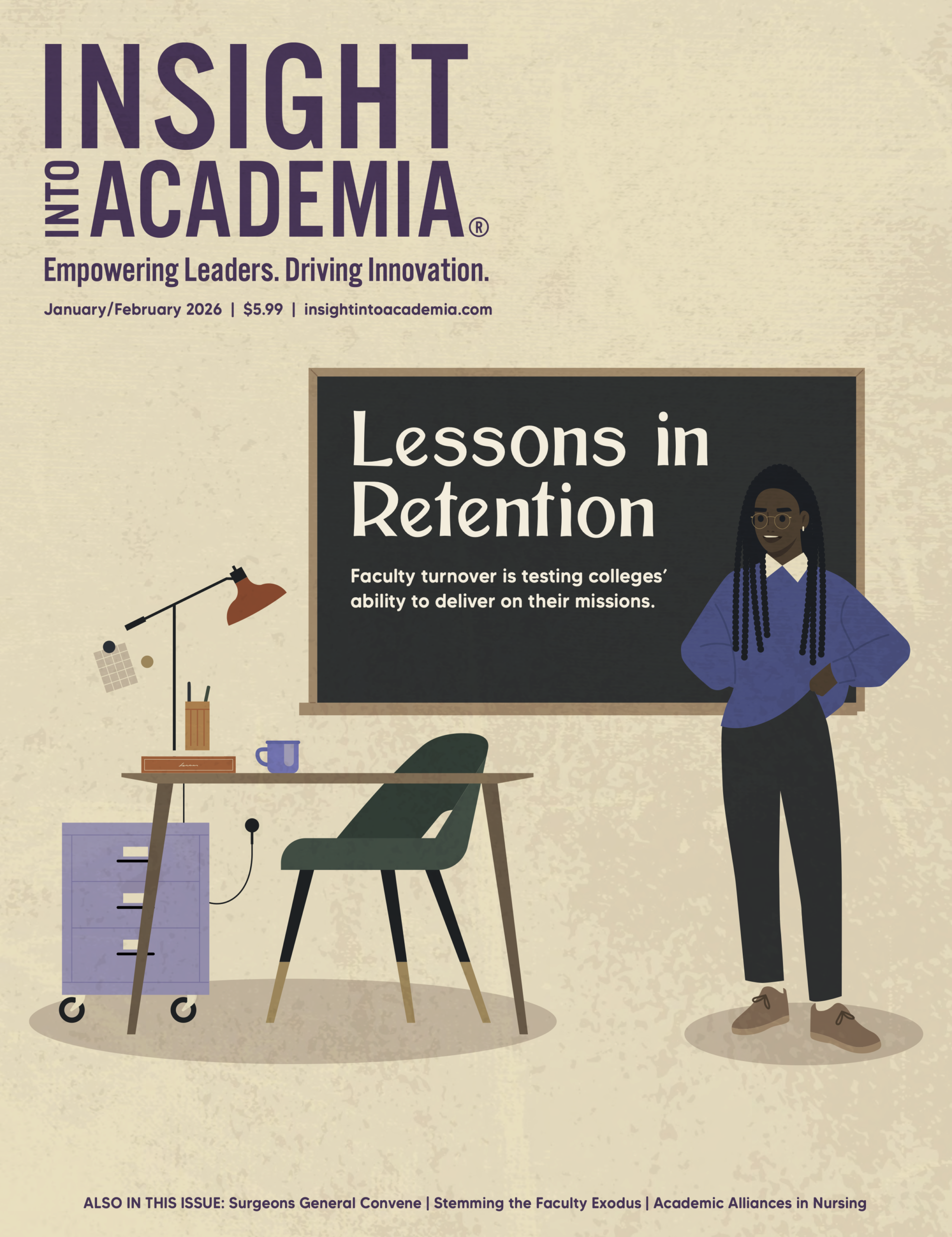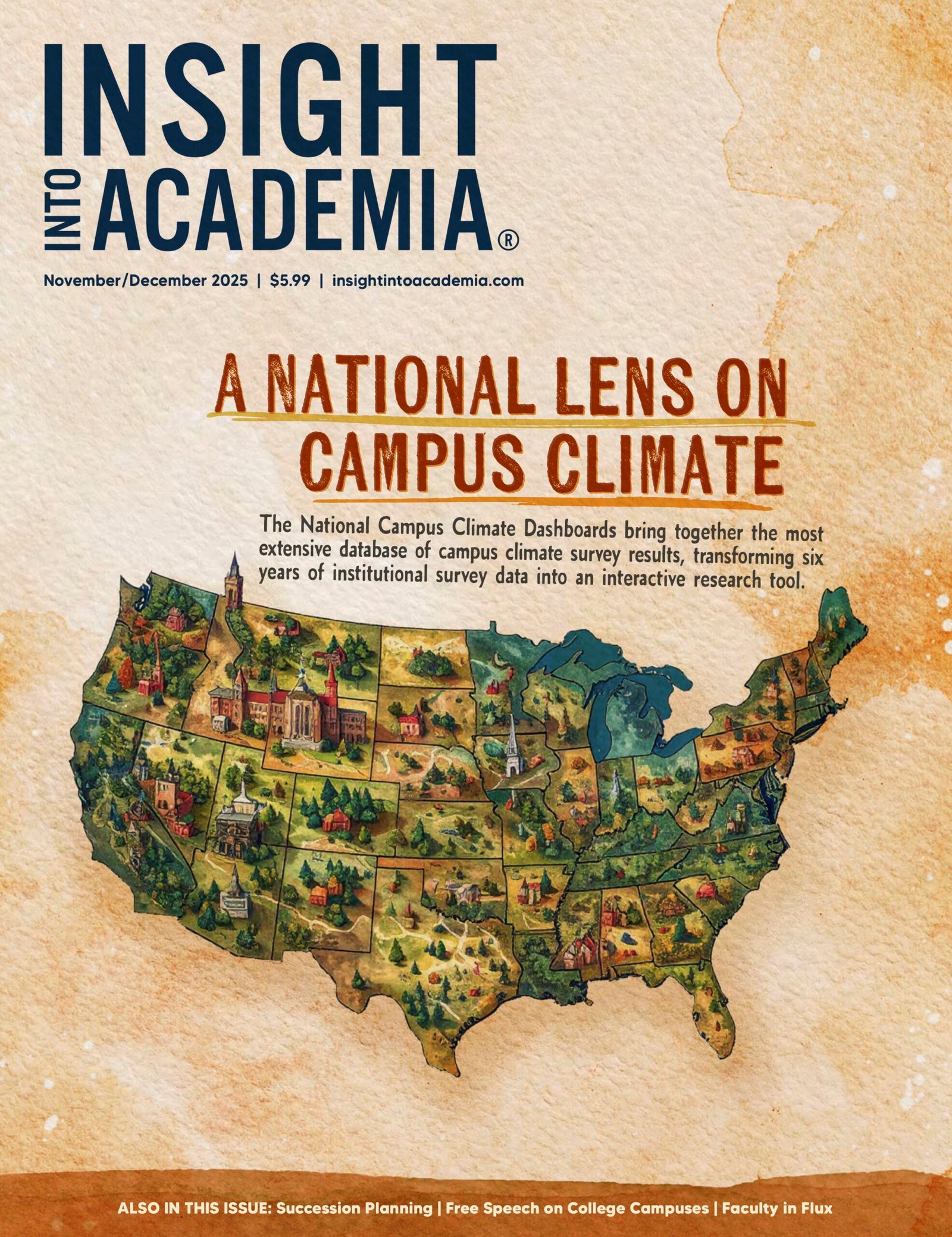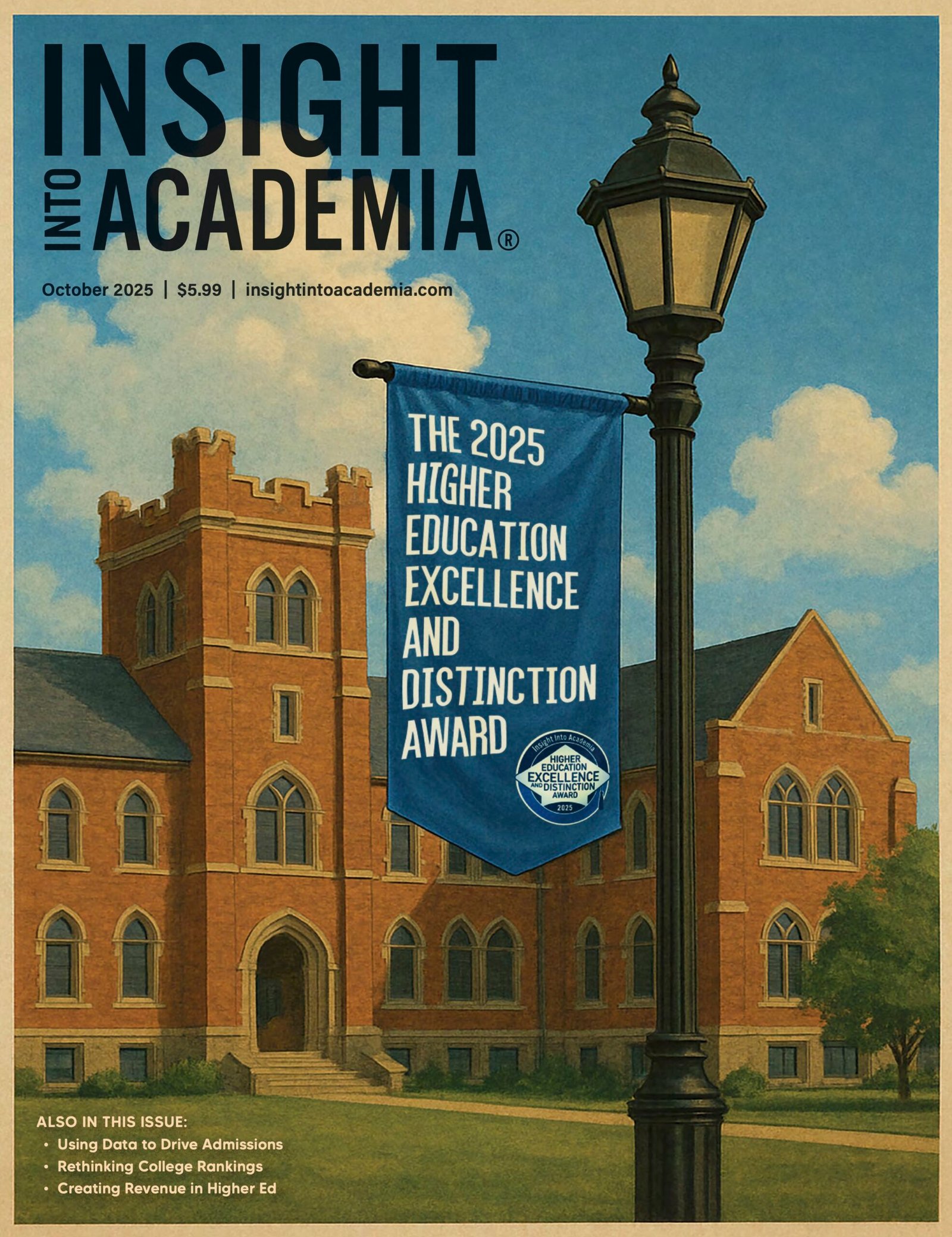Hispanic-Serving Institutions play a pivotal role in advancing access and excellence within the STEM (science, technology, engineering and math) educational landscape, and are integral to realizing the vision of the National Science Foundation (NSF) for a more inclusive and capable science and engineering workforce.
Aligned with this goal is the NSF’s Hispanic-Serving Institution Program, which focuses on enhancing undergraduate STEM education quality and boosting recruitment, retention, and graduation rates for STEM students at HSIs.
Central to these efforts is the Equitable Transformation in STEM Education (ETSE) competition under the NSF’s Improving Undergraduate STEM Education: HSI program. This competition supports multiple tracks, including the newest Departmental/ Division Transformation, as well as Emerging Faculty Research, Institutional Transformation, and HSI Program Resource Hubs (Hubs). These tracks aim to catalyze institutional change and address equity gaps in STEM education.
“The HSI program is guided by student-centered frameworks that build an intentional and supportive environment for students and reinforce cultural and mindset shifts that support the success of all students at HSIs,” the NSF wrote in its ETSE guidelines. “Proposals to ETSE should impact the STEM learning landscape, result in equitable undergraduate STEM degree attainment for all students, and position students for successful transition and retention into the STEM workforce or graduate education.”
The ETSE program encourages institutions to leverage their HSI designation and organizational mission to enhance support for STEM success among all students. Projects funded through ETSE are expected to implement and evaluate innovative practices that promote broadening participation and improve outcomes in STEM education.
Since its inception, ETSE has awarded 334 projects totaling nearly $350 million, reflecting a substantial investment in transforming STEM education at HSIs. By embracing these opportunities, the NSF says, institutions can contribute to a more equitable STEM education landscape that encourages the success and achievement of all students, advancing equity across intersections of race, gender, and other social identities in higher education.
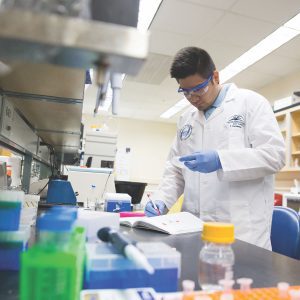
Hispanic Serving Institution. (Photo courtesy of CSU San Marcos)
For example, research funded by a $2.4 million grant from the NSF is leading to critical advancements in racial equity within undergraduate STEM education.
Led by Luis Leyva, PhD, associate professor of mathematics and STEM higher education at the Vanderbilt University Peabody College of Education and Human Development, this initiative focuses on addressing educational disparities faced by Latino students pursuing STEM majors. Leyva directs the Power, Resistance & Identity in STEM Education (PRISM) Research Lab at Vanderbilt, which is committed to investigating and improving equitable educational opportunities for Latino undergraduates.
The lab’s flagship project, Transformative Inclusion in Postsecondary STEM (TIPS): Towards Justice, now in its third year, collaborates closely with Sonoma State University, a recently designated HSI. TIPS investigates educational practices across STEM departments to identify and enhance strategies fostering racial equity specifically tailored for Latino students.
“I am excited about next steps in our collaborative work through the TIPS project and future research that promotes justice in undergraduate STEM across intersections of race, gender, sexuality, and other minoritized social differences,” Leyva said in a statement following the announcement of the NSF grant.
Key research includes evaluating classroom instruction and support mechanisms in foundational mathematics courses at Sonoma State. Using an intersectional approach that considers race, gender, and other social identities, Leyva’s team collects data through interviews, observations, and student journals to understand the experiences of Latino students.
Preliminary findings from TIPS have been disseminated at national conferences and through four peer-reviewed journals, highlighting its potential to promote inclusive educational environments at HSIs.
NSF-funded initiatives like the PRISM Lab at Vanderbilt exemplify a concerted effort to address systemic inequities in STEM education. By utilizing collaborative partnerships and innovative approaches, these efforts not only aim to improve educational outcomes for Latino students but also contribute to a more inclusive and diverse STEM workforce, essential for national competitiveness and innovation.●












